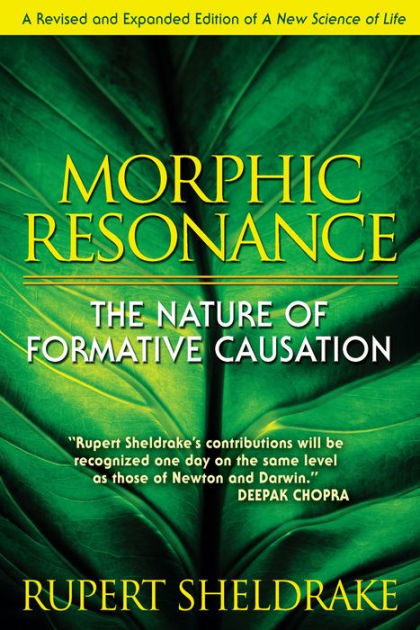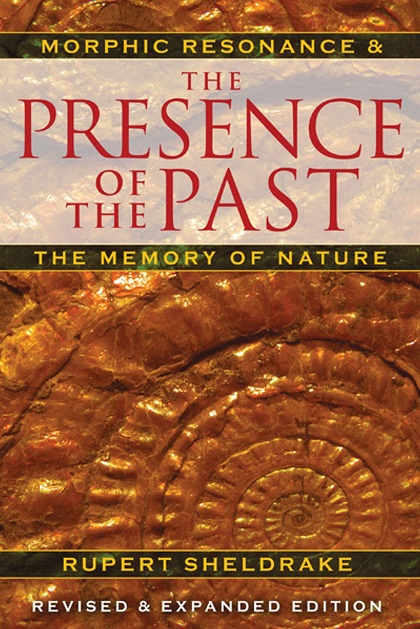|
home | what's new | other sites | contact | about |
|||
|
Word Gems exploring self-realization, sacred personhood, and full humanity
Circular Reasoning and Promissory Notes: How the House of Darwin is built.
return to "Evolution " main-page
Promissory-note thinking Dr. Sheldrake informs us that, in the early 1980s when he first published his finding on morphic fields, he was relieved to find that not one of his scientist-colleagues could point to any error in his work. Instead, the best that his Darwinistic friends could say for themselves was, “We don’t need the idea of morphic fields. We’re doing fine without that. Your idea and research is unnecessary. What’s more, we’re coming up now on the Human Genome Project and we’re going to prove that all the action takes place in the genes. That’s where the future is. We’ve got this covered, Old Son. It’s pretty much over and a done deal, but thanks anyway.” But it wasn’t over, it wasn’t a done deal. This is an example of Darwinists’ hubristic “promissory note” thinking. A promissory note is a promise to pay, to make good, in the future, on debts incurred today. Right now you might be offered only a wink, handshake, and a slap on the back, but one of these days, boy – like Wimpey paying for his hamburger on Tuesday – our ship will come in, and then we'll show you who was right. As I read Dr. Sheldrake’s books…
and his accounts of interactions with Darwinistic colleagues, so often he is met with promissory-note grandstanding, the empty-handed assurance that genes, natural selection, and much time will one day make pigs fly. Circular Reasoning, Begging the Question In the “Clear Thinking” article we discussed one of the tricks employed by those who cannot win on the merits of their case; as a cloaking device for lack of substance, they will use “circular reasoning” or “begging the question.” Here’s a definition from the article: “Circular reasoning” or “begging the question” happens when the topic under review is spoken of in terms suggesting that it's already been verified. For example, if one were to enter into debate about the infallibility of the Bible, comments such as "holy" scripture would not be admissible as this term assumes that which is being contested. A case in point, as reported by Dr. Sheldrake, at times he’s asked to participate in a televised debate. Typically, he will send information to his opponent concerning his research. Later, at the debate, Dr. Sheldrake will ask if the material has been read. So often, the reply becomes, to the effect, “No, I didn’t read it because I already know that my side is the correct view, and I don’t want to waste my time with your pie-in-the-sky theories, a lot of hocus-pocus.” In different guises, in various forms, you will find this sort of circular-reasoning response from Dr. Sheldrake’s critics: “We already know we’re right. Materialism is the only possible answer to these questions. Why waste our time on a wild goose-chase?” Editor’s note: This same mentality will reject the scientific evidence for the afterlife because “we already know that when you’re dead, you're dead, so we already know whatever you have can’t be correct.”
|
|||
|
|

